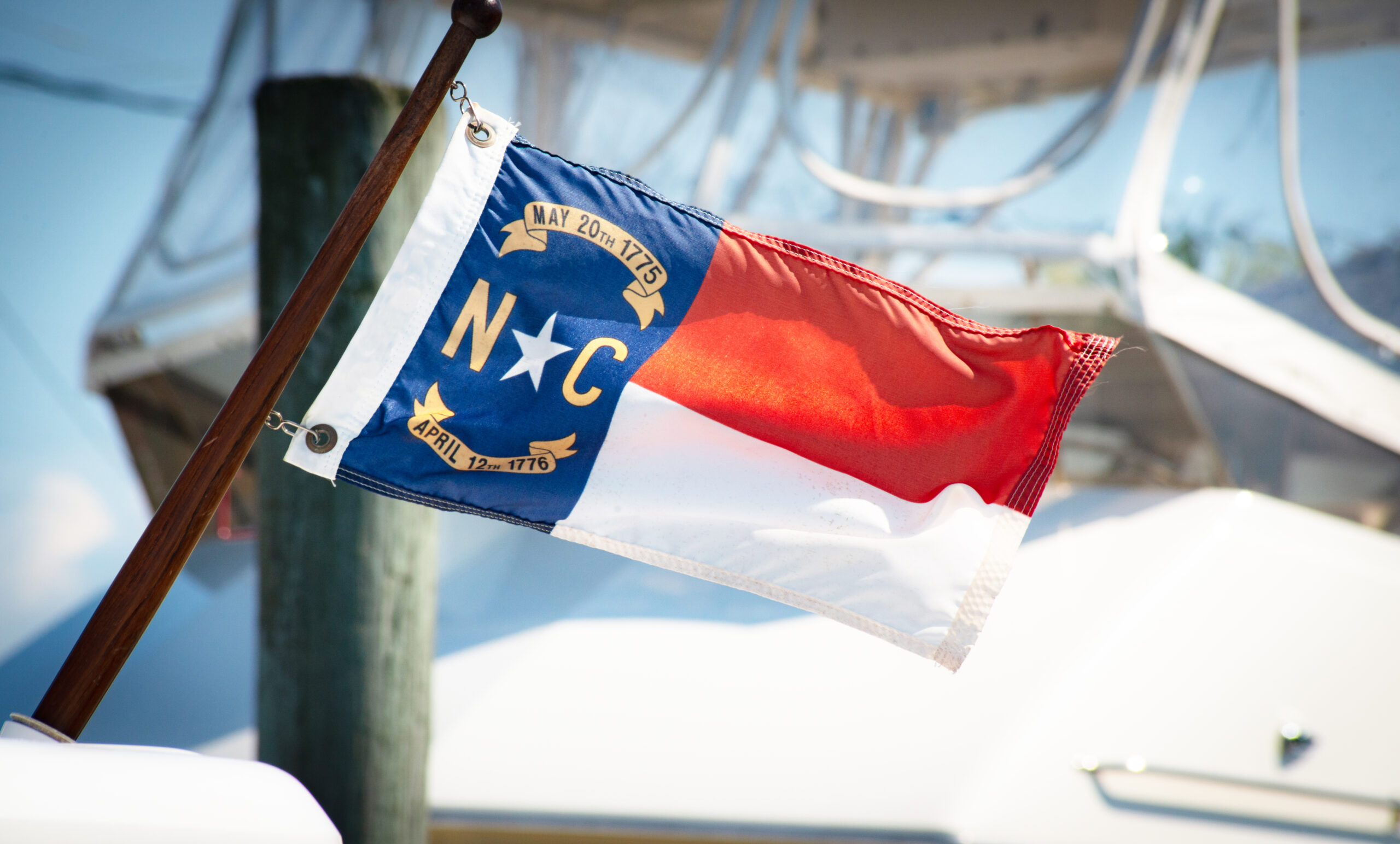The Road to Number 1: Why North Carolina Ranked at the Top

Last week was exciting for our state as North Carolina earned a second consecutive #1 State for Business ranking. Despite this victory, we cannot become complacent or afford to leave North Carolina’s competitive future up to chance. As the rankings show, there are areas where North Carolina must improve to secure a thriving future for our state and enhance the quality of life and creation of wealth for all North Carolinians.
The Foundation’s efforts to consistently monitor and update state leaders on areas of competitiveness, publish timely reports benchmarking North Carolina to its competitors, and conduct policy research, serve a critical role in shaping the state’s future and maintaining our status as the number-one state for business.
This month’s Foundation Forecast delves into our latest number one ranking, including the tremendous strides made to get here and what’s next for the Foundation to support our state’s competitive standing.
Meredith Archie
President
NC Chamber Foundation
The Road to Number 1: Why North Carolina Ranked at the Top
Once again, CNBC announced that North Carolina is its Top State for Business. But why did our state outrank all others? It’s no accident or stroke of luck and it hasn’t always been this way. Ten years ago, our state did not crack the top ten in CNBC’s ranking. Getting to the top required a future-focused plan, and in 2013, business leaders charged the NC Chamber Foundation with creating a vision for North Carolina centered around three pillars of a secure future for the state: Education & Talent Supply, Competitive Business Climate, and Infrastructure and Growth Leadership.
CNBC uses 86 metrics across ten different categories to calculate its rankings. Out of these ten categories, North Carolina ranks among the top ten in the nation in six: workforce, economy, technology and innovation, access to capital, education, and business friendliness. Our success at attracting businesses and residents from all over the nation and the world has driven up two of the other measures, cost of living and business costs.
The NC Chamber Foundation is laser focused on five categories considered: workforce (the category weighted most heavily by CNBC), education, infrastructure, business friendliness and cost of doing business. The Foundation recognizes the need to continue moving forward to keep our state’s leadership position and comparative advantage where we have it and to improve those areas where we can make a difference.
CNBC ranked North Carolina number one for workforce. However, we consistently hear from employers across industries about their need for more qualified workers. The NC Chamber Foundation has identified best practices and programs to implement in North Carolina to grow our workforce. For example, its landmark public-private partnership to tackle the health care workforce shortage. In January, we named Vincent Ginski Director of the Foundation’s Institute for Workforce Competitiveness. Building on his work in Gaston County and on the Foundation’s Talent Pipeline Management program, Ginski and the NC Chamber team is focused on opportunities to increase the quantity and improve the quality of North Carolina’s workforce, working closely with industry and education partners to ensure strengthened alignment.
North Carolina also ranked 16th in infrastructure. However, the four states closest to us in the CNBC overall rankings – Virginia, Tennessee, Georgia, and Minnesota – all ranked in the top ten in the nation in this category. Foundation-led research informed the efforts of a broad-based, NC Chamber coalition to secure more diversified and economically efficient transportation revenue models. This work resulted in legislation and financing mechanisms that provided $1.158 billion in increased transportation revenue. The Foundation is poised to build on this momentum with comprehensive, jobs-focused infrastructure policy recommendations that enhance the state’s competitiveness.
Finally, we know that the overall business atmosphere and cost of doing business are essential to job growth. Since 2013, the Foundation’s research has helped the NC Chamber successfully support provisions that give North Carolina one of the broadest-based and most competitive tax structures for business in the United States, as well as its strong regulatory ranking. The personal income tax rate has been reduced from 5.499% to 4.7%, and the corporate income tax to 2.5%. Thoughtful and prudent tax and regulatory changes gives us the stability and reliability to compete. We must not take that for granted and will continue to identify policy recommendations to ensure competitiveness across these categories.
North Carolina’s success has been made possible – and will continue to grow – through the commitment of our statewide business community with a clear vision and state leaders willing to act on it.